Rising Scholars Postdoctoral Fellows Program
Cohort 1
Mauricio Acuña
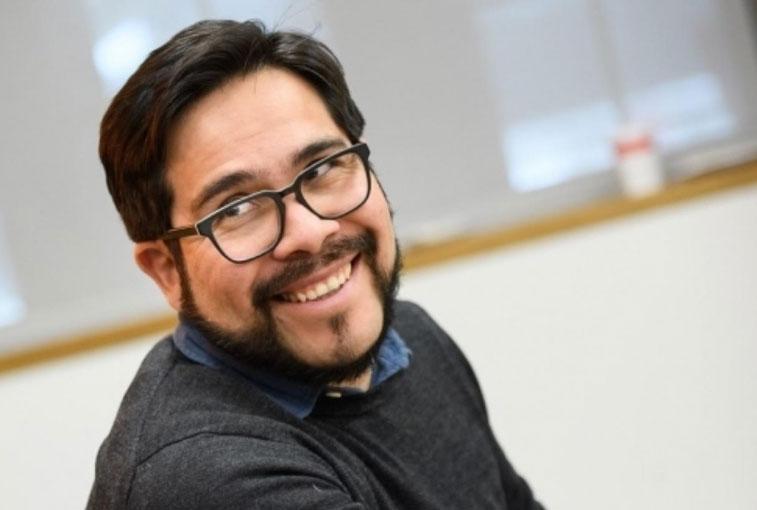
Mauricio Acuña is a scholar of Afro-Latin American Studies, specializing in modern and contemporary literatures and cultures of African Diaspora in the Americas, with a special focus on Brazil and Cuba. His research interests include the poetics, performances and aesthetics of Afro-diasporic artists and intellectuals, Black internationalisms in the Global South, race relations, anti-racist practices between Africa and the Americas, and Digital Humanities applied to spatial translation of aesthetics.
Mauricio is the author of the book A Ginga da Nação: Intelectuais na Capoeira e Capoeiristas Intelectuais (Editora Alameda, 2015), honorable mention of the Silvio Romero Prize from the National Institute of Historic and Artistic Heritage, Ministry of Culture, Brazil, and the co-editor of Marcadores sociais da diferenças: fluxos, trânsitos e intersecções (UFG Publisher, 2018). He taught three courses in the Global Studies Program and Department of Spanish, Italian, and Portuguese, on themes like “Black Global Festivals: Literature and Performance,” “Images of Afro-Latin American Worlds, ”and “Exuzilhar: Crossroads in Afro-Diasporic Cinema,” in which students engaged with artists and created performances, and curated images for a visual exhibition.
Mauricio is now an Assistant Professor and Lecturer of Spanish and Portuguese at Dartmouth College.
Abunya Agi
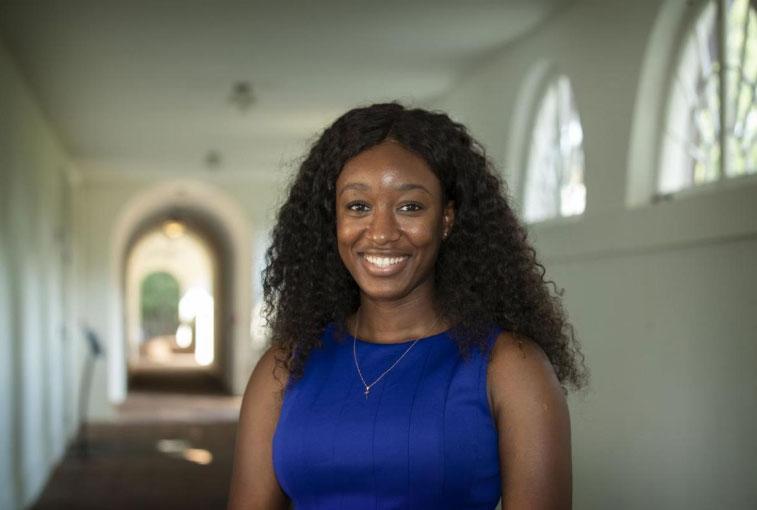
Dr. Abunya Agi is a Rising Scholars Postdoctoral Research Fellow in the Department of Psychology. Her research explores the way Black adolescents and emerging adults navigate their racial(ized) identities and cultural values (such as spirituality) to promote positive life outcomes in spite of anti-Black racism. As a Nigerian-born Canadian, Dr. Agi also considers the role of immigrant generation status for Black youth in the U.S. and Canada.
Ernesto Benitez
tcr7kb@virginia.edu
Department of Anthropology
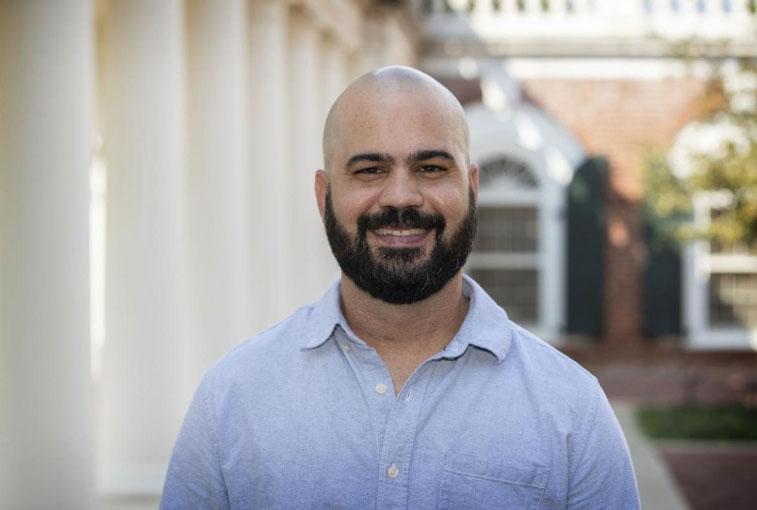
Ernesto Benitez holds a PhD in Global and Sociocultural Studies with a concentration in Sociocultural Anthropology from Florida International University (2021). His long-term research is grounded in a decade-long ethnographic engagement with the Amazonian Kichwa (also spelled Quichua) people of Ecuador’s Napo province. He has paid particular attention to the ecotourism boom that occurred in Ecuador’s Upper Amazon in the early 1990s and the impact it has had on the livelihoods and identities of Kichwa people, many of whom have gradually shifted from agricultural and subsistence-based activities to service-based work in ecotourism. His dissertation offers an ethnographic account of how Kichwa tour guides in Napo, the vast majority of whom are young men, negotiate the demands and expectations of the ecotourism industry and how, in the process, they produce and enact new understandings of their ethnic, gendered, and sexual identities.
After his Postdoctoral Fellowship, Benitez was invited to join the UVA Department of Anthropology as an assistant professor, where he has taught undergraduate courses in anthropology such as “Contemporary Indigenous Peoples in Latin America” and “Topics on the Anthropology of Tourism”.
Kat Cosby
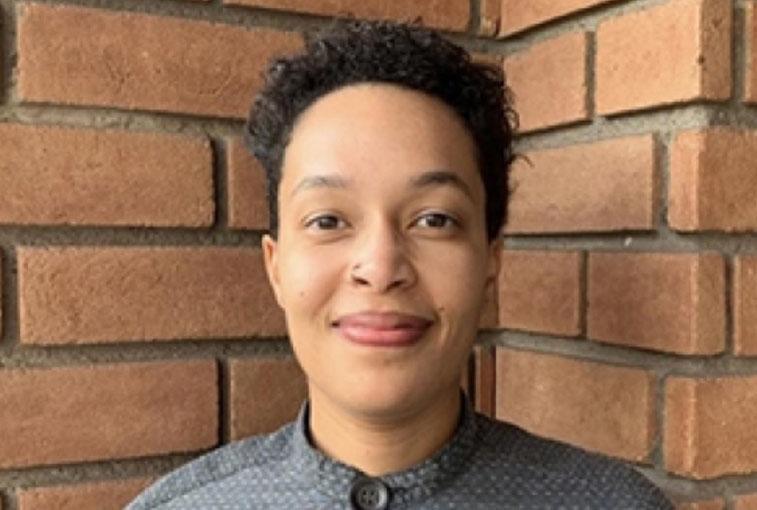
Kat Cosby was a Rising Scholars Postdoctoral Fellow in the Women, Gender, and Sexuality Department. They are an interdisciplinary scholar whose work focuses on Black women and their geographies in Brazil in the post-abolition era. Their book manuscript interrogates how the presence and contributions of Black women and the attempts to erase them historically from geographies in São Paulo were essential to the formation and development of the city. Kat examines how criminalizing Black women's presence was crucial to whitening ideology and practices in the early twentieth century.
Kat Cosby is now an Assistant Professor of Africana Studies at California State University Channel Islands (CSUCI), with an emphasis in Modern Latin America, Black Feminist Studies, African Diaspora, Black Geographies, as well as Black women and their geographies in Brazil in the post-abolition era.
Siddhant Issar (“Sid”)
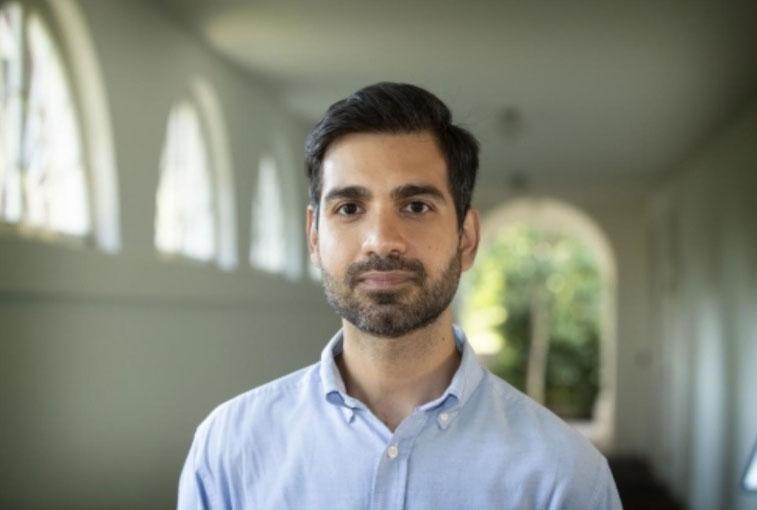
Siddhant Issar was a Rising Scholar Postdoctoral Fellow in the Department of Politics at the University of Virginia. His research and teaching interests lie in modern and contemporary political theory, the Black Lives Matter movement, and the politics of race, class, and settler colonialism in the US. His work has been published in Contemporary Political Theory, Race & Class, The Black Scholar, and in an edited volume, Creolizing Rosa Luxemburg. Currently, Issar is working on a book manuscript, titled Theorizing Racial Capitalism in the Era of Black Lives Matter.
Issar holds a Ph.D. in Political Science from the University of Massachusetts, Amherst and a B.A. and M.A. from Wesleyan University and The Graduate Center, City University of New York, respectively.
Issar is currently an Assistant Professor of Political Science at the University of Louisville.
Janet Kong-Chow
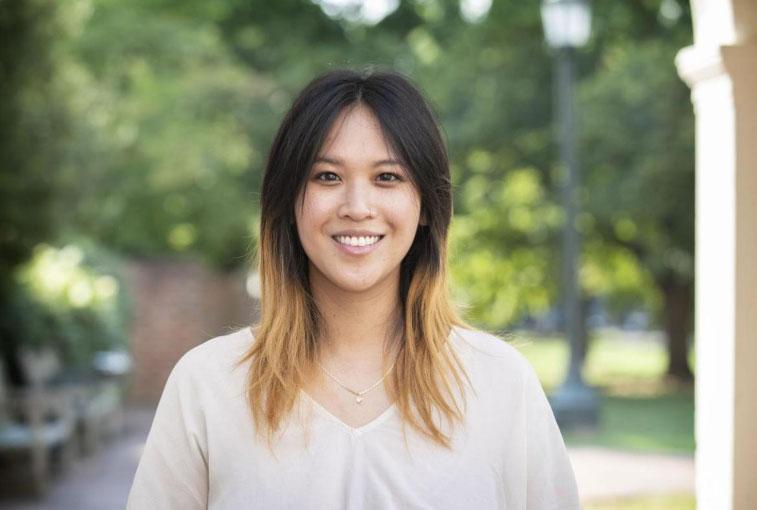
Janet Kong-Chow was a Rising Scholars Postdoctoral Fellow in American Studies and English at the University of Virginia. Her teaching and research are broadly concerned with diaspora, imperialism, and North American culture, examining overlapping processes of racialization, power, and language. She is committed to interdisciplinary research, specializing in theories of racial capitalism, the environment, disability, postcolonialism, the African diaspora, transnationalism, and legal studies.
Her first book project, Securing the Crisis: Race and the Poetics of Risk, considers metaphors of risk as a corollary to 21st century American crisis and racialization. Reading relationally across poetry, photography, ethnography, legislation, film, and sculpture, the project advances the notion of a “poetics of risk” and contends that racialized and minoritized subjects deploy epistemological abstraction and fragmentation not only as resistance, but to rework conventions of periodicity, materialism, and reality we accept as hegemonic. Her second manuscript, Race and Other Accumulative Affects: Hoarding, Curation, and the Modern Archive, locates dispossession, anticipation of emergency, and speculative accumulation as critical affective questions at the intersection of U.S. migration, diaspora, race-making, and cultural preservation.
Kong-Chow earned her B.A. in English and History from the University of Pennsylvania and her Ph.D. in English from Princeton University. Her work has been supported by the Andover Institute for the Recruitment of Teachers (IRT) and the Mellon Foundation.
Kong-Chow is now an Assistant Professor of English and Africana Studies at the University of Rhode Island.
Ryan Richards
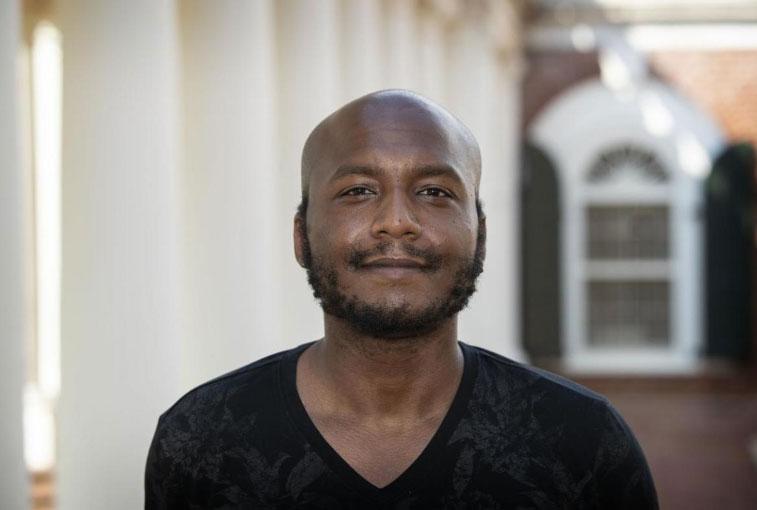
My name is Ryan Richards, and I was born in Brooklyn, NY. I did my undergraduate studies in Physics at SUNY Albany and my PhD studies at SUNY Stony Brook, specializing in experimental nuclear physics. My dissertation research involved studying the neutral weak force between electrons and nuclei using fixed target parity-violating electron scattering. Through parity-violating electron scattering, we can probe novel properties of nuclear matter in a model-independent way through measurements of the fractional difference of cross sections between positive and negative helicity electrons. I was involved in the PREX (208Pb Radius) experiment at Jefferson Lab which aimed to measure the neutron skin in a 208Pb nucleus. The 208Pb nucleus has 44 more neutrons than protons, so it is believed that the extra neutrons form a skin around the nucleus. The neutron skin is correlated with the density dependence of the symmetry energy L. This same density dependence is also correlated with the size of neutron stars despite the difference in size between a neutron star and a 208Pb nucleus because they are made up of the same stuff, neutrons. Therefore, the PREX result will provide input in describing the equation of state of neutron matter.
Fixed target parity-violating asymmetry measurements are typically on the order of 10-7, so suppressing systematic contributions is important. One example of a systematic comes from residual transverse beam polarization. The transverse polarization couples to the vector analyzing power AT which can be larger or comparable to the size of the parity-violating asymmetry. Therefore, direct measurements quantifying the size of the analyzing power were taken. These measurements were the subject of my thesis.
After completing his two years as a Rising Scholar, Richards went on to work at a renowned national laboratory in Virginia.